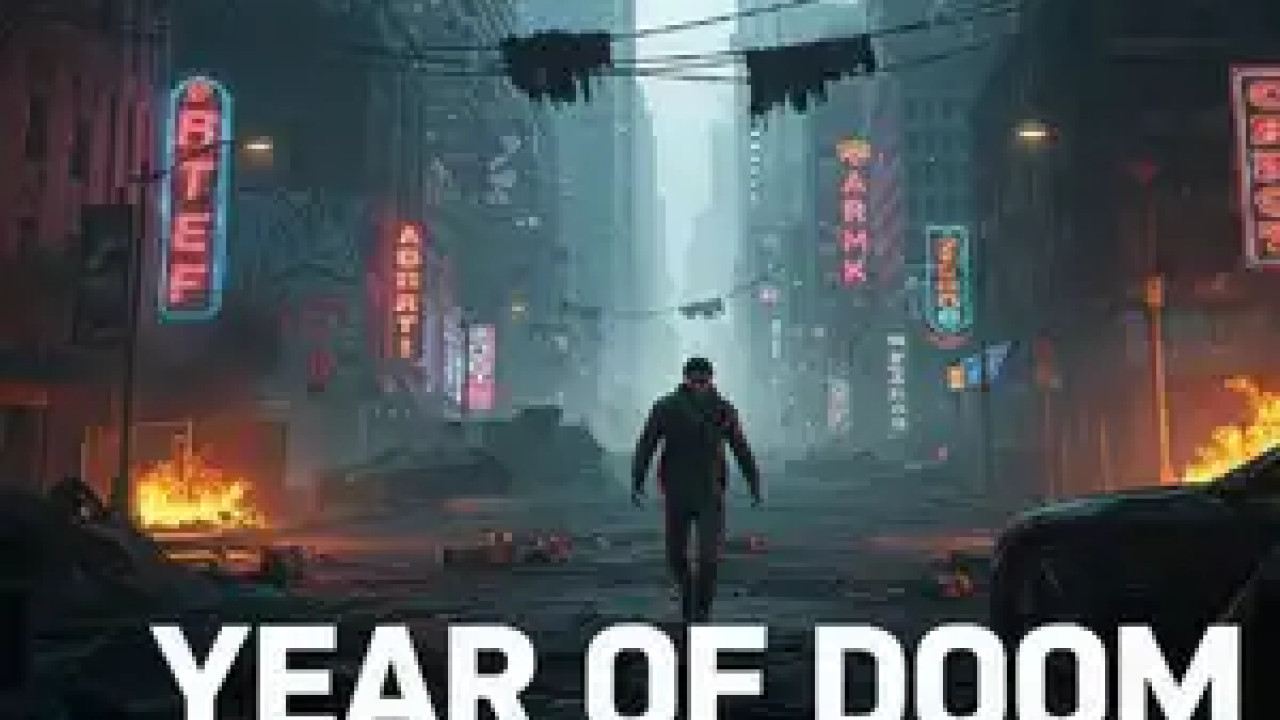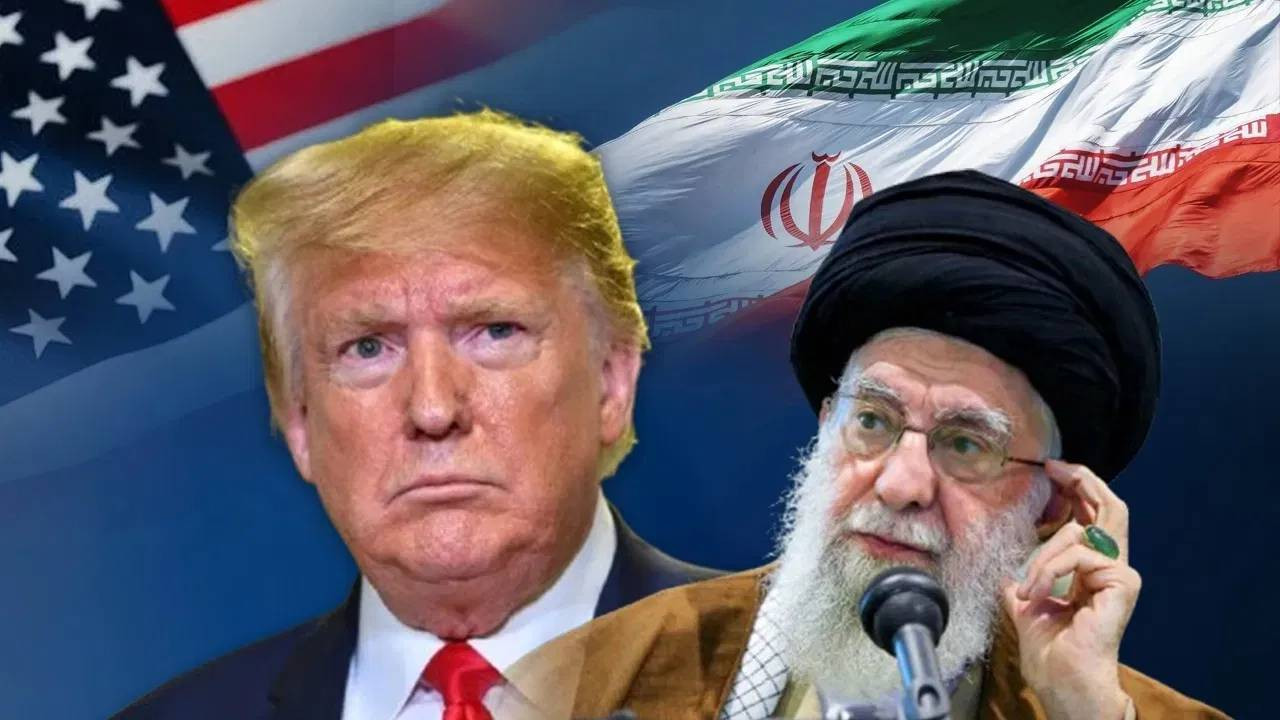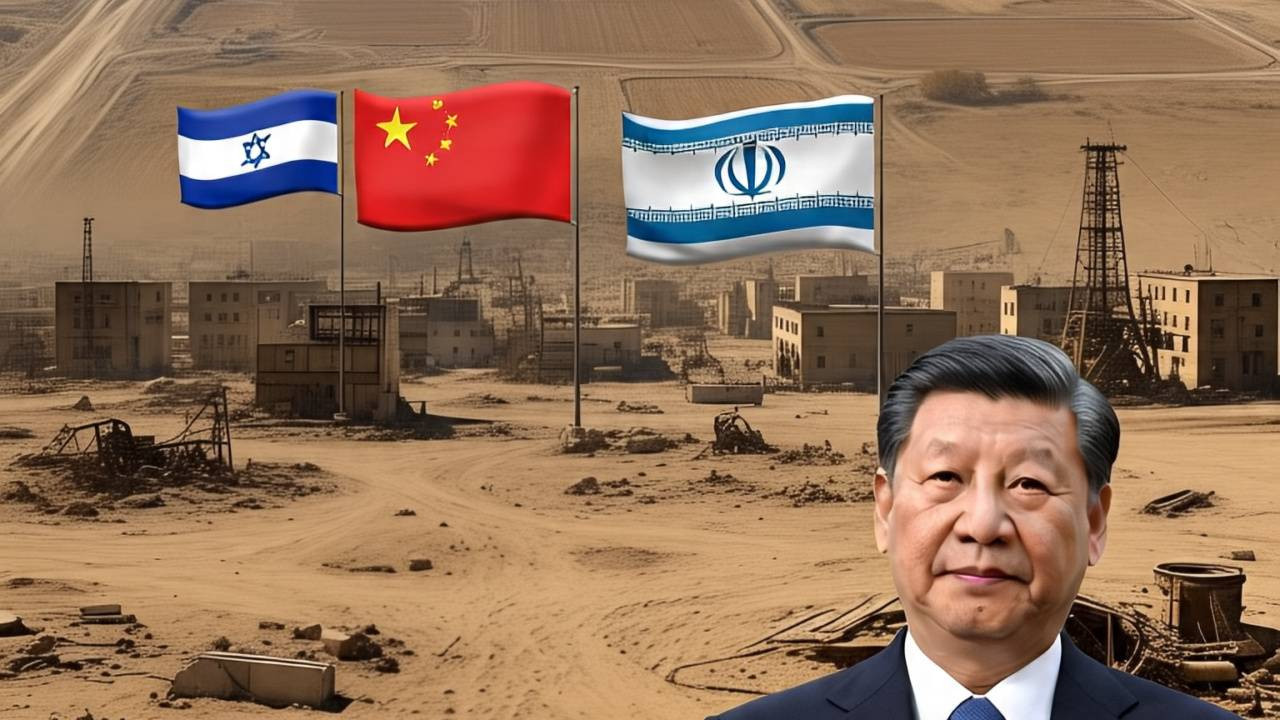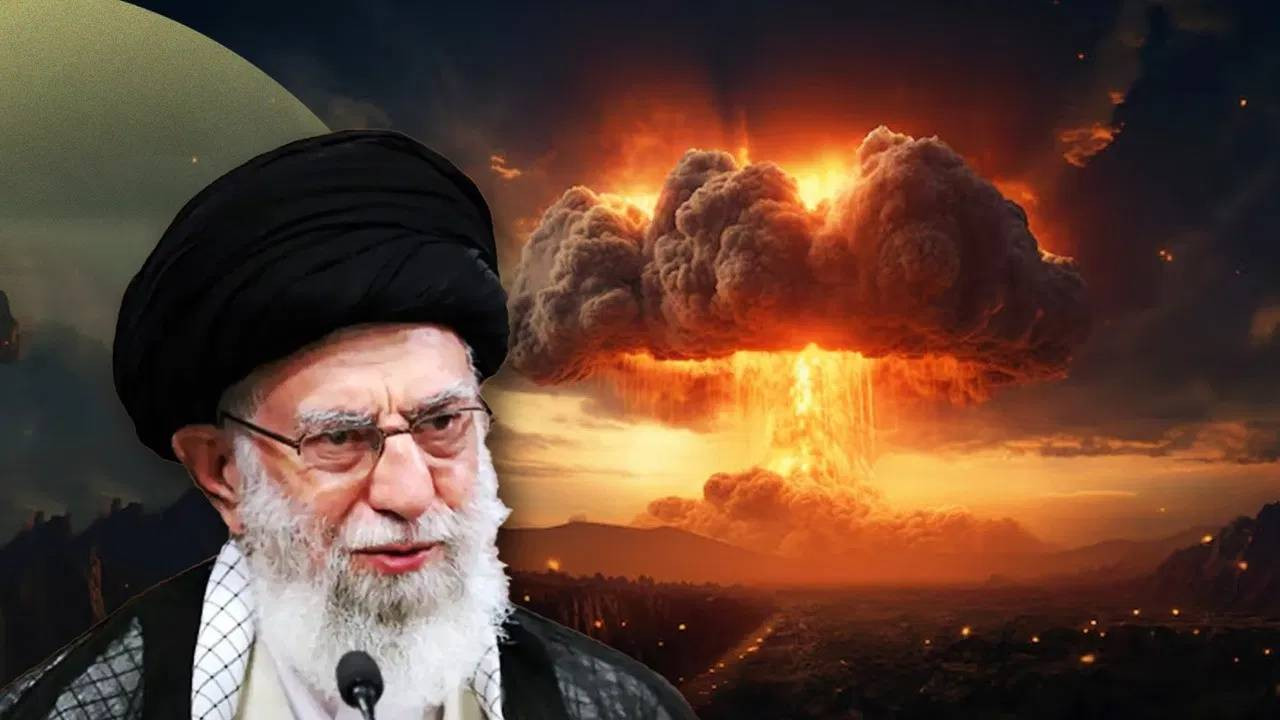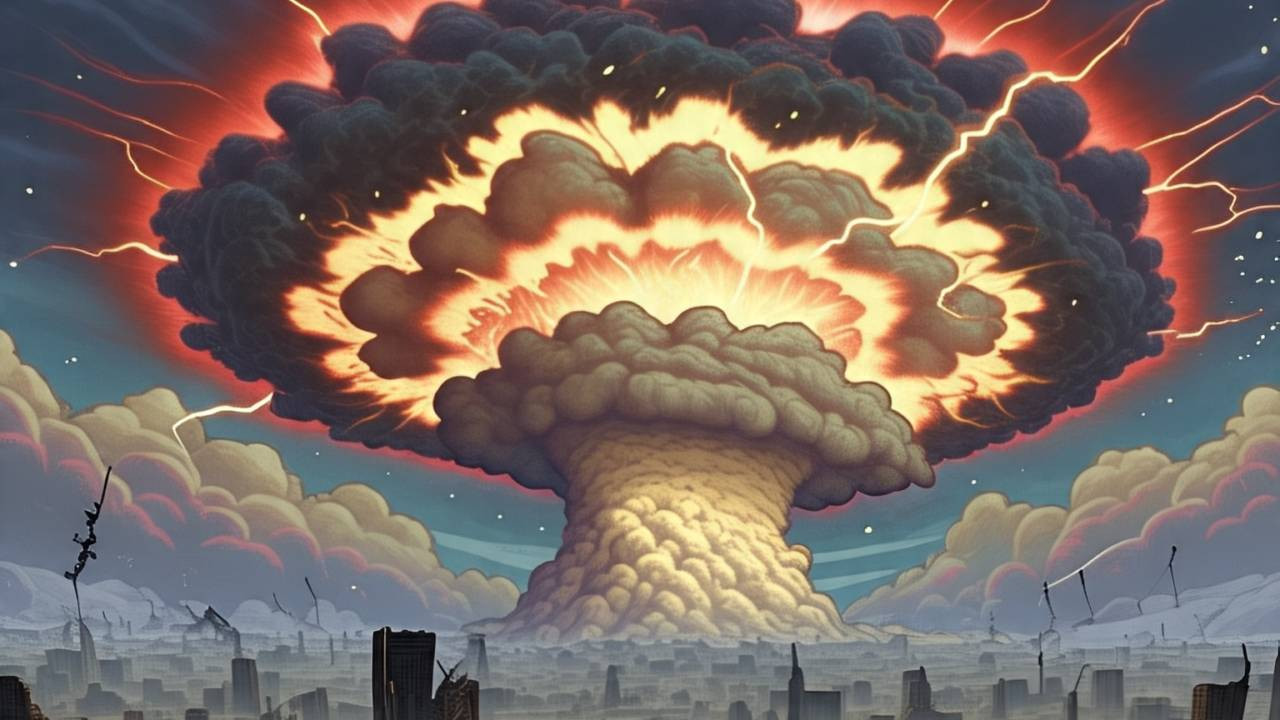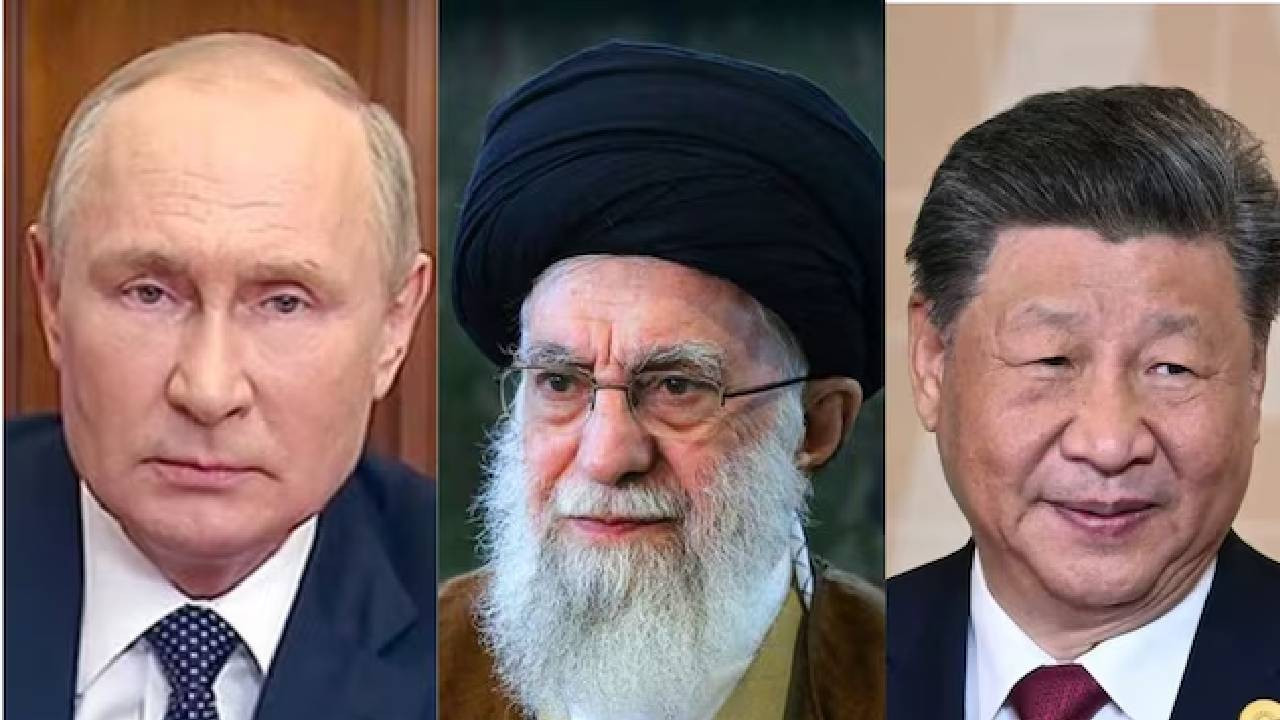Trending News: A strange coincidence is currently being discussed on social media. Social media buzz suggests that 2025’s calendar is a carbon copy of 1941, matching every date and weekday. This is just a mathematical match, but some people are considering it a sign of some big crisis. 1941 was the year when Japan attacked Pearl Harbor, after which America joined the Second World War. The question now looms large: Is 2025 destined to echo the darkness of 1941?
Calendar similarity: coincidence or sign?
Both 2025 and 1941 are normal years (non-leap years), and both start on Wednesday. For this reason, the dates and days of the week are exactly the same in both years. For example, July 4 fell on Friday in both years. However, this is not the first time this has happened. According to the Gregorian calendar, such a recurrence occurs every few years—such as every 6, 11 or 28 years.
But some people on social media are seeing this coincidence as a warning. They believe that at a time when tension, war, and instability are increasing in the world, the return of a calendar like 1941 is not a normal thing.
1941: When the world was engulfed in the flames of war
The year 1941 was a defining chapter in World War II. Japan’s December attack on Pearl Harbor catapulted the United States into the global conflict, which was already engulfing Europe, Asia, and Africa. It was a time when dictatorship, racism, and military expansion were at their peak.
2025: Are the situations similar?
The world today still has many hotbeds of tension—the Ukraine war, the Gaza conflict, China’s threats to Taiwan, and fears of a global economic recession. The growing rivalry between the U.S. and China, coupled with surging defense expenditures, evokes unsettling parallels with the geopolitical climate of the 1940s. However, today’s world has many tools to prevent war, such as the United Nations, global alliances, the Internet, and diplomacy.
Human nature and fear
The human brain is accustomed to finding patterns. When uncertainty in the world increases, we look into the past and look for similarities. It is a kind of mental assurance or warning, but not always logical.
The calendar matching between 2025 and 1941 is a coincidence, not a prediction. Whatever the circumstances, their outcome depends on policies, leadership, and international cooperation, not on the similarity of dates. Think carefully about these rumours spreading on social media and believe in facts instead of fear.


